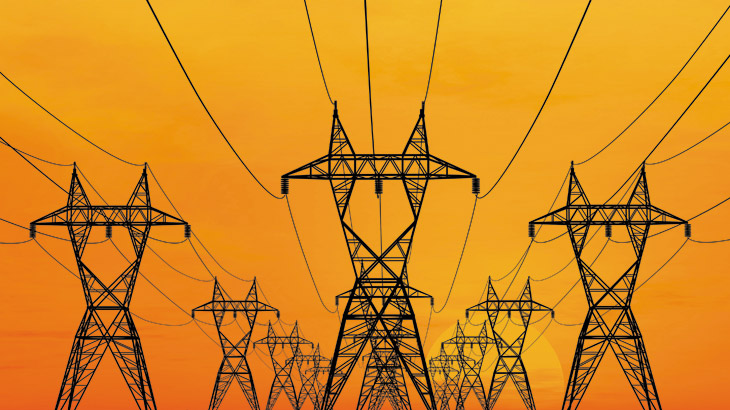Carmencita Constantin
I have read a draft of the re-industrialization strategy of the country still in progress at the Ministry of Economy. I have carefully followed the presentations made by the World Bank’s consultants in their current exercise for the Ministry of Environment and Climate Change – for which they develop the National Strategy of Decarbonisation for 2030.
I have followed the documents of the national institutes of statistic and forecast. Besides this national information, I add up the European and global information and can say that Romania will not register any time soon a real economic growth. There are too many elements to repair and then put back until the mechanism of economic development can be functional again. The great industry is, from 2013, subject to additional costs related to CO2 emissions (EU-ETS Directive). Prospects announced by the EC on the price increase for CO2 allowances will be able to contribute to speeding up the industrial relocation process and, therefore, to the additional reduction of related energy consumption.
Trying to formulate a perspective on the evolution of energy consumption, I can say – without fear of mistake – that we will witness a decline, at least in the perspective of future years. The lack of vision for real economic development – superimposed with increasingly complex concerns for the development of energy efficiency projects determined by the need to cut energy bills – will certainly lead, in the short term, to the decline in energy consumption at national level.
Human resource is undervalued throughout the country
Areas which could bring in perspective an increase in energy demand are the agriculture (by starting a coherent program for the development of irrigation systems), the construction industry and the industry of related materials production, revival and restoration of infrastructure for rail transport, the extractive industry, the metallurgical industry, the petrochemical industry. For all these industrial branches, Romania has both the necessary natural potential (resources), not being dependent on imports, and the tradition and experience of the workforce.
Unfortunately, the human resource is unvalued throughout the country. For economic recovery, it’s necessary to resume REAL programs of professional training in full accordance with the development directions of economic sectors. Currently, it cannot be done in a centralized manner. Small industrialists secure and qualify their workforce locally, at the workplace. Lack of quality qualified staff is today one of the biggest problems at national level, in all areas of activity.
Lack of vision and concern
Industrial decline has been determined, over the past two decades, by the lack of vision and concern of those involved in running the country, but also in the management of the respective industrial units.
If we take a look behind, there would definitely be many unanswered questions, of which one that will affect many generations refers to industrial decline, even total bankruptcy, up to winding-up, of the industrial units privatized by the State Ownership Fund (FPS).
I think someone should conduct a study and then prepare a report, on industrial branches: what units existed in 1989, what annual production they had, on which markets they sold such products, how many employees they had, what energy consumption… following the red thread: if they were privatized, with whom, through how many hands they passed (whose hands), where are they today, if they still exist or not, how many employees they have, how much the Romanian state won/lost, if the privatization contracts were observed in terms of investment volume and maintaining the workforce etc.
Looking back could help us understand our history and maybe would prevent us from repeating the same mistakes. It would be a natural act of historical and economic balance. I am personally not aware of the Ministry of Economy having such an analysis, although I believe the responsibility belongs there.
It remains for future generations to judge the manner in which Romania’s economic development has been supported or hampered by its own leaders.
Carmencita Constantin is Director of Strategy, Energy & Environment Dept., ISPE


